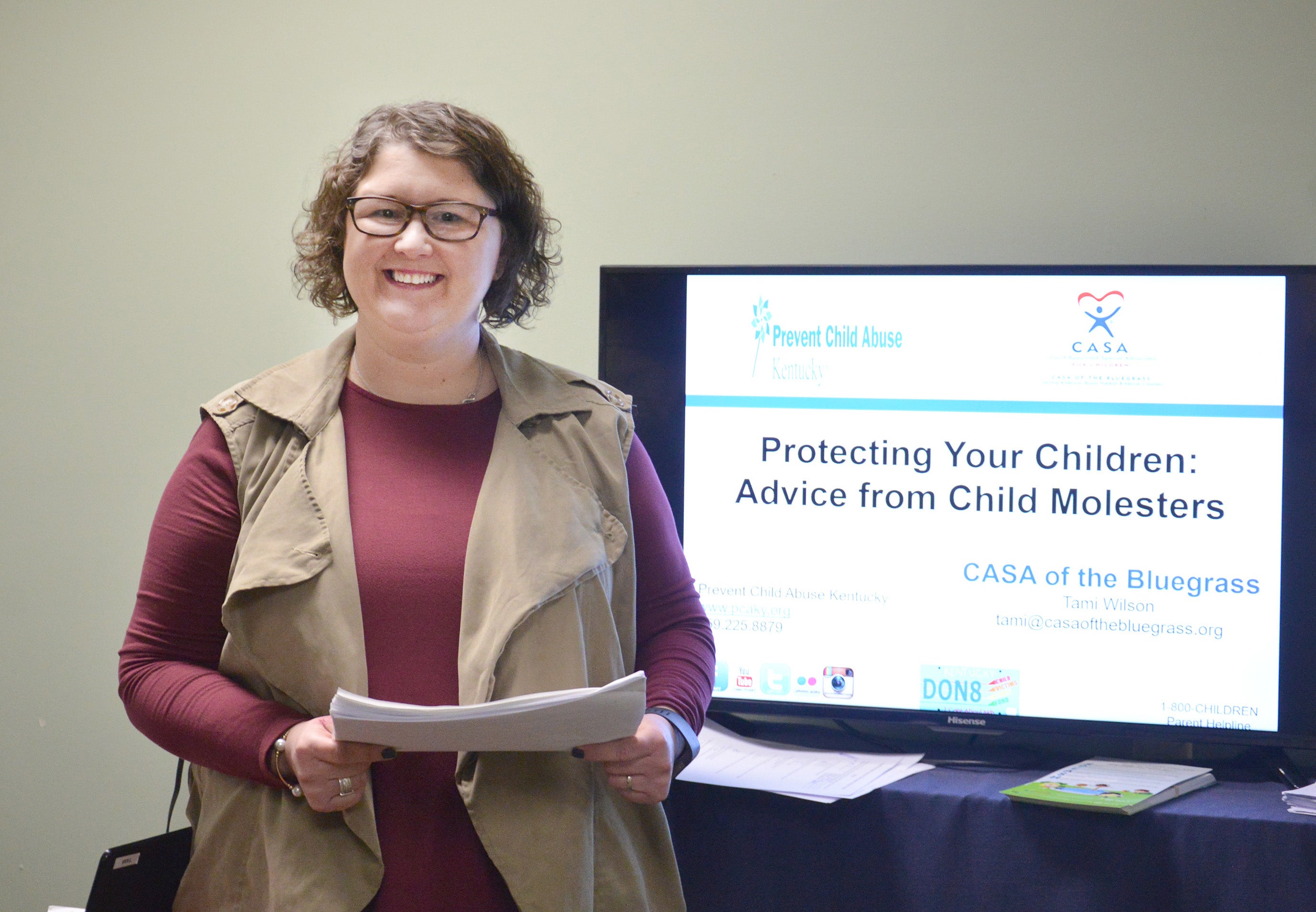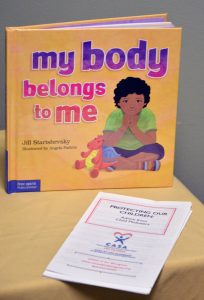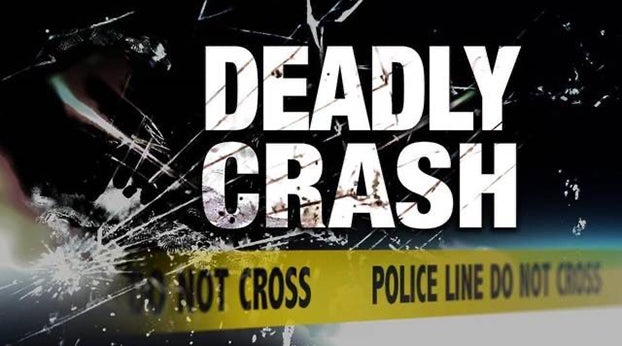Free training helps parents spot ‘red flags’ of sexual predators
Published 7:19 pm Monday, February 18, 2019

- Volunteer coordinator for CASA of the Bluegrass Tami Wilson teaches free classes to individuals and groups on how to protect children from child molesters. Photo by Robin Hart
No one with children ever thinks they would invite a sexual predator into their home for dinner. Parents also tend to be confident they can tell if someone is a sexual predator, or if their child is being sexually abused.
But that’s not the startling reality, according to Tami Wilson, a volunteer coordinator for CASA of the Bluegrass.
Wilson is offering free training sessions titled, “Protecting Our Children: What Sex Offenders Can Teach You.”
It’s not a comfortable subject to discuss, Wilson said, but it’s absolutely necessary for parents to know “the grooming techniques of sexual predators,” and how over time they convince children to be compliant and adults to overlook their intentions.
“There are three reasons I lead this training. First, as a survivor of sexual abuse I want to protect children from that trauma. Second, as a mother, I want to educate parents on the red flags to look for. We all think we would ‘know’ but the thing is, sexual predators are cunning — they prey upon children. Third, I want to help ensure we are not raising the next generation of sexual predators.” Wilson said.
“We have to shine a light on it because so many people don’t want to talk about it.”
Sexual predators “are cunning individuals. They work it out, set it up, and gain the trust. That’s how it is set up.”
Children are usually taught the phrase “stranger danger,” Wilson said. But most sexual abuse victims are actually abused by someone they’re close to.
“We usually don’t teach them about Uncle Bob or Coach Joe or youth leaders.”

Learning material from the free training session “Protecting Our Children: What Sex Offenders Can Teach You” offered by volunteer coordinator for CASA of the Bluegrass Tami Wilson. Photo by Robin Hart
Wilson said most sexual predators are “usually people in our inner circles” of friends and family.
According to Darkness to Light, an organization committed to empowering adults to prevent child sexual abuse, 93 percent of victims are abused by someone they know and trust. Sixty-three percent are acquaintances like teachers, neighbors, church or community leaders or child care workers; 37 percent are family members; and 7 percent are strangers to the child.
Nationally, there are 400,000 reported sexually abused children every year and one in 10 children experiences some type of sexual abuse.
Wilson said after every session she’s ever taught, she’s been overwhelmed by the number of people who’ve talked to her about “things” that have happened in their lives.
Wilson received accreditation to lead this training through Prevent Child Abuse Kentucky, in collaboration with the Attorney General’s Office and the Department of Criminal Justice Training.
The training was instructed by Cory Jewell Jenson, M.S., who had worked rehabilitating sexual offenders for 35 years until she decided her time would be better spent educating the public on the grooming techniques of sexual predators, Wilson said.
She took video clips of some of the sessions she has had with her clients, as well as her knowledge on the subject, and compiled a customizable training program.
Wilson has presented the information in one-hour and three-hour sessions, she said.
A few years before taking the training, Wilson allowed her older daughter to go on a church mission trip to Haiti, even though her gut feeling was that something was wrong.
The youth leader has since been arrested on sexual abuse charges.
“I pushed my feelings aside. I pushed the feelings down that something wasn’t quite right,” Wilson said.
She told herself that since no one else was bringing up any concerns, she must be wrong.
“I wasn’t empowered enough” to speak up and voice concerns about the situation, she said. “If we just have a feeling, don’t put your child around that person. That’s your child to protect. Parents need to realize they have a choice.
“That’s why this training is such an amazing tool. … We have to empower parents to speak up.”
It’s also important for parents to learn what clues to pick up on that their child could be turning into a sexual predator, Wilson said.
“Sex is such a hard topic for parents to talk about — sometimes if they see a concern with their child, chances are they won’t seek therapy for them because they feel ashamed.”
But if parents see certain behaviors become a pattern, they should know how to seek counseling for their child, Wilson said.
Parents should try to have open and honest conversations with their children about sexual abuse, just like they have about drugs and other safety issues, Wilson said.
Children need to know they will be believed if they tell a parent or trusted adult about allegations of sexual abuse. They also should be taught what is proper behavior concerning signs of affection.
Wilson has already given several training sessions at local churches, to women’s groups, law enforcement, social services workers and parents. She plans to continue offering them at least once a month.
“The information needs to be in the hands of our community.”
With the training she provides, “We just want to give information so they (parents) can speak up, or if they feel something wrong, they can get their child out of that situation,” she said. “In Kentucky, I think we have this southern hospitality thing of, ‘Mind your own business and you stay on your own front porch.’ And I hate that. I think we need to speak up. If we see something and speak up, a lot more predators would be closed down.”
SO YOU KNOW
Tami Wilson’s next session of “Protecting Our Children: What Sex Offenders Can Teach You” will be Saturday, Feb. 23, from 9 a.m. to noon at the CASA of the Bluegrass office, 473 W. Walnut St., Danville. To register or schedule a group training session, call Wilson at (859) 936-3510.






